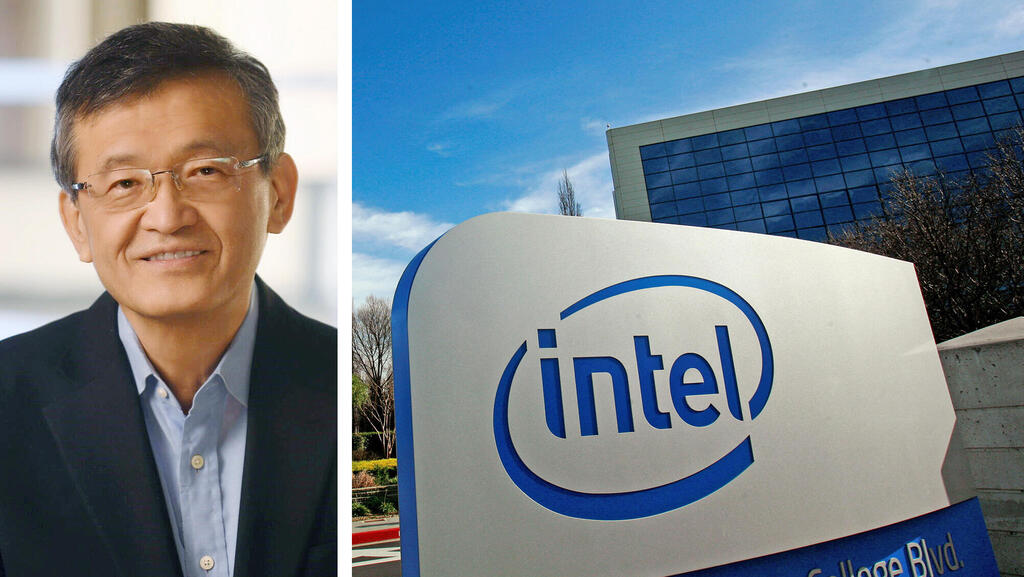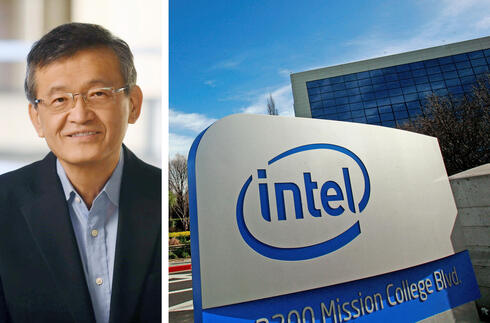
Intel CEO Lip-Bu Tan: “We fell behind on innovation. It's time to turn a new page”
Tan, in his first major speech as CEO, acknowledges Intel’s struggles, pledging to restore innovation, improve execution, and rebuild trust with customers.
In his first major public address since taking the helm at Intel, CEO Lip-Bu Tan delivered a blunt assessment of the challenges facing the once-dominant chipmaker, while outlining a bold strategy to reclaim its lost ground. Speaking at the Intel Vision conference in Las Vegas on Monday, Tan acknowledged that the company has lagged in innovation and execution, pledging a return to engineering excellence and customer-driven product development.
"It has been a tough period for quite a long time for Intel," Tan said. "We fell behind on innovation. As a result, we have been too slow to adapt and to meet your needs. You deserve better, and we need to improve."
Intel, once an unrivaled force in personal computing and data centers, has seen its market share eroded by competitors like Nvidia and AMD. Its struggles have been compounded by missteps in artificial intelligence (AI) accelerators, manufacturing setbacks, and an inability to meet its own product release timelines. Tan did not shy away from these issues, directly addressing Intel’s failures and emphasizing the urgent need for change.
"I'm not happy with our current position. I know that you are not happy either," Tan admitted. "I have heard the feedback loud and clear. It's time to turn a new page."
Central to Tan’s turnaround plan is restoring Intel’s reputation for execution and reliability. He stressed that Intel must "deliver great quality, on-time delivery without exception" and cultivate a "culture of first-time pass" in manufacturing—a direct acknowledgment of the company’s struggles with missed deadlines and subpar product launches.
Tan, a veteran of the semiconductor industry and former CEO of Cadence Systems, made clear that Intel must reestablish itself as an engineering-first company. He emphasized empowering engineers, eliminating bureaucratic obstacles, and creating an environment where breakthrough ideas can flourish.
"Please be brutally honest with us," he told customers, urging them to challenge Intel to design products that better serve their needs. "We’re going to really drive some new ideas, giving engineers freedom to innovate from within."
A significant part of Tan’s vision includes strengthening Intel’s foundry business, which is still in its early stages. He stopped short of announcing specific structural changes but stressed the need to make Intel a leading contract manufacturer, capable of producing chips for other companies.
"As we strengthen our Intel products, we are equally committed to building a great foundry," Tan said. He promised more details at the upcoming Intel Foundry Direct Event.
Related articles:
AI, Custom Chips, and the Future
One of Intel’s most pressing challenges is its position in AI. Nvidia has surged ahead in AI accelerator chips, and Intel’s Gaudi products have failed to meet revenue expectations. Tan acknowledged these shortcomings but vowed that Intel would deliver a competitive AI platform, albeit not overnight.
"If I have my way, our future systems will outperform rival products, sell for less, and use less energy," Tan said, setting an ambitious target that will resonate with data center operators concerned about Nvidia’s high-power consumption models.
Tan also highlighted Intel’s push into custom semiconductors, emphasizing that customers increasingly want tailored solutions rather than off-the-shelf chips. "Many large customers want custom parts—and we will do it for them," he declared.
Beyond AI, Tan pointed to other growth opportunities, including robotics, photonics, and quantum computing. He expressed confidence that quantum technology is closer to reality than commonly believed, and hinted at upcoming developments in Intel’s robotics strategy.
A Long Road Ahead
Tan’s speech marked a clear departure from the past, signaling a willingness to rethink Intel’s strategy from the ground up. But he was also candid about the scale of the challenge, emphasizing that rebuilding Intel’s reputation and market position will take time.
"It won’t happen overnight, but I know we can get there," he said. "We are here to serve you and earn your trust. I won’t be happy and satisfied until we consistently deliver our promise, on time, on quality, to exceed your expectation."
Investors remain cautious, with Intel’s stock slipping slightly after Tan’s speech. However, his no-nonsense approach and focus on execution may be exactly what the company needs to chart a path forward.
